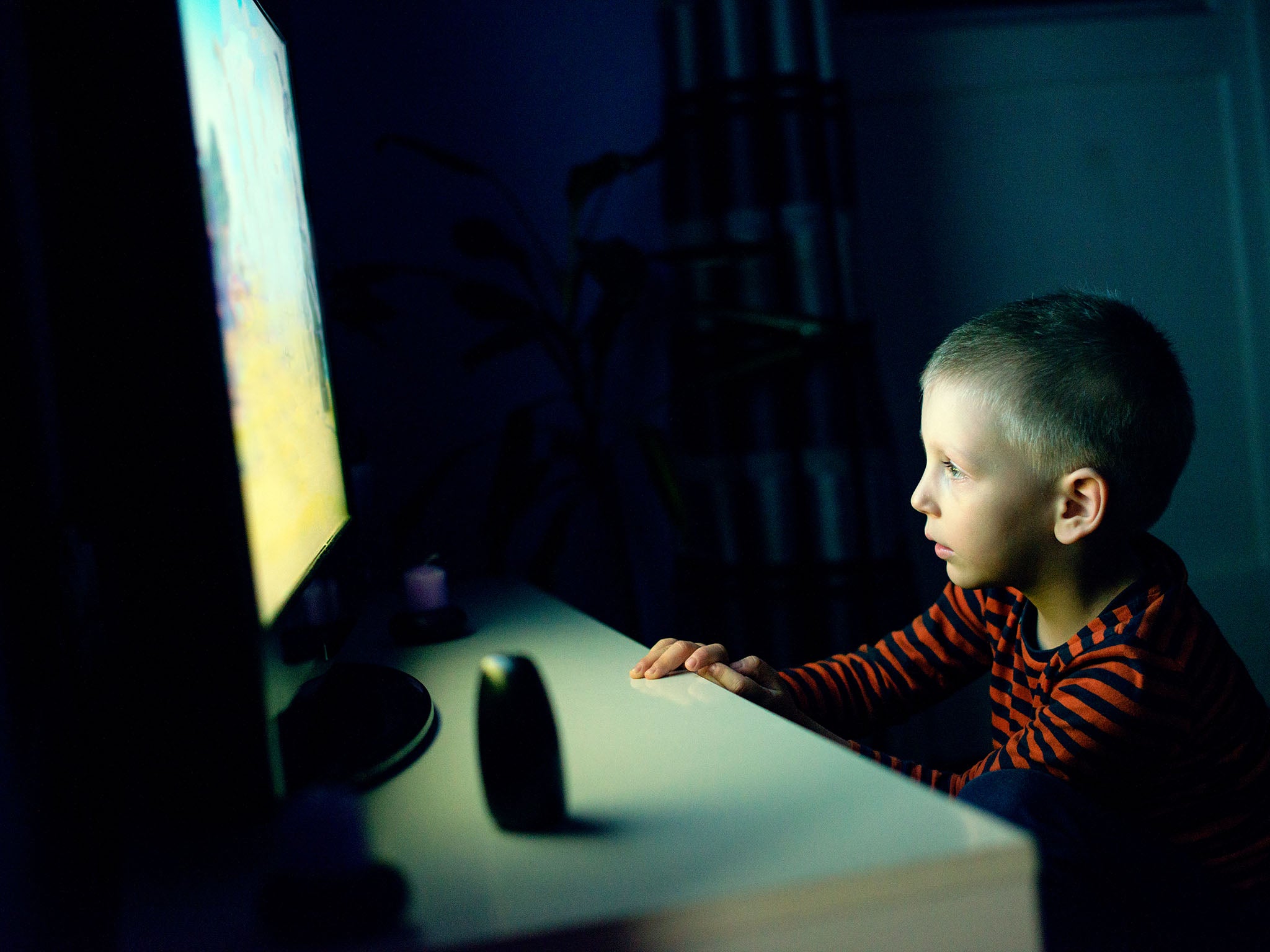Average adult will spend 34 years of their life looking at screens, poll claims
Figures suggest people spend nearly 5,000 hours a year using their gadgets

The average adult will spend the equivalent of 34 years of their lives staring at screens, according to a poll.
A questionnaire taken by 2,000 people in Britain found they spent more than 4,866 hours a year on average using gadgets such as phones, laptops and televisions.
This would equate to 301,733 hours over the average adult lifetime of 62 years.
Up to three and a half hours a day were spent looking at TV screens, with at least four hours staring at laptops, and two hours on mobile phones.
People said they thought less than half the time they spent on these devices was "productive".
Despite this, 64 per cent admitted they would not know what to do without their screen time, especially during the coronavirus lockdown.
And 17 per cent even went so far as to say they felt anxious if they were away from their phone for too long.
Benjamin Dumaine, optician and head of business development for Vision Direct, which commissioned the poll, said: “We’re lucky to have devices that connect us with the outside world.
“A similar pandemic taking place 30 or 40 years ago would have seen people coping with the lack of contact in very different ways.
“However, it’s important to be aware of what excess screen time can do in terms of your eye health and keep on top of overdoing it when it comes to screens.
“We’d suggest making the most of the government’s advice to exercise, to help give that essential screen break.”
The poll also found it took less than 20 minutes for the average adult to look at a screen after waking up each day, with nearly one-third taking a glance within five minutes.
Nearly one-tenth of respondents described themselves as "surprised" by their screen time, while 19 per cent thought it concerning.
More than half of adults said their eyes felt strained when they looked at screens too much.
As well as the physical impact of significant screen time, the research found it could have an effect on relationships and family time.
Just under one-quarter of those in relationships have had an argument with their partner over the amount of time they spend staring at screens.
Four in 10 parents thought their children spent too long on their gaming devices or phones, and one-fifth found it challenging to manage how much screen time they get.
A further 12 per cent felt guilty about how much time their offspring spent looking at TVs or computers.
But more than two-thirds felt hypocritical for reprimanding their children over screen time, when the adults in the house were just as guilty.
It was also found that since lockdown measures were brought in, the amount of video calls the average person would have in a week has more than doubled, according to the OnePoll figures.
Mr Dumaine added: “There are positives and negatives with screen time, but as long as people are mindful of when to limit use, there doesn’t need to be any long term damage.
“Screens play a very valuable part in our lives, now so more than ever, but if people follow our guidelines they can maintain good eye health.”
SWNS
Join our commenting forum
Join thought-provoking conversations, follow other Independent readers and see their replies
Comments
Bookmark popover
Removed from bookmarks